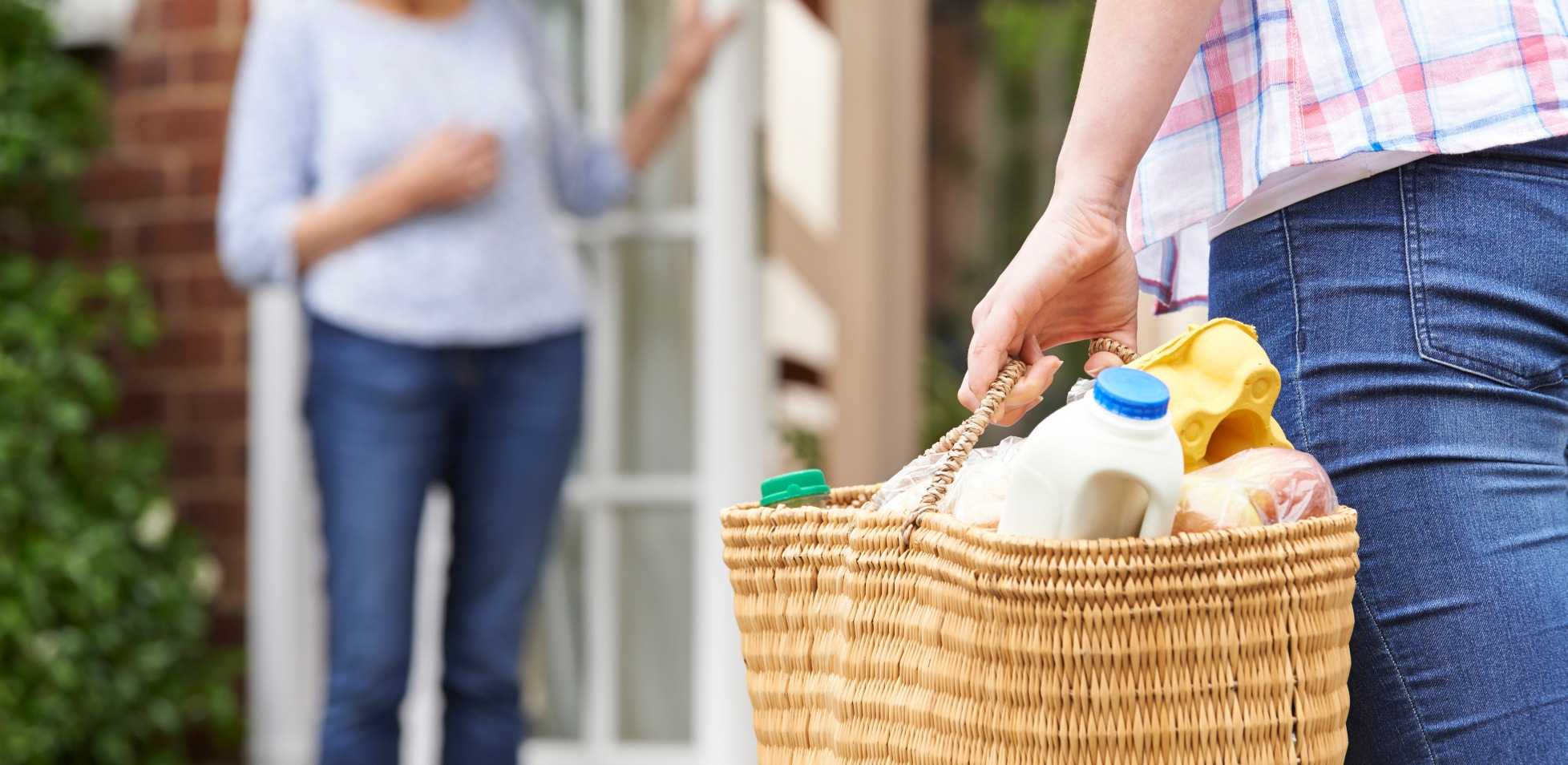How to Support Your Community during the Corona Crisis
During the times of the corona crisis, many of us have found ourselves thinking “what can I do to help?”, especially if you feel that you are fit and healthy and should therefore be assisting those less fortunate than yourself. Below are a few ways of how you can do this.
Before you offer help to your community, make sure to look after yourself. The current situation is serious, and you wouldn’t want a well-intended act of kindness to lead to the further spread of the disease. It is crucial to wash your hands regularly for at least 20 seconds and observe the rules and measures in place in your respective city. Please only leave your home if it is allowed in your country and keep 2 meters between yourself and the nearest person. Only go out and offer help if you are sure you are not contagious or at risk — there are still ways you can help from inside your home!
Your Neighbors

One of the best ways you can help is by starting at your front door. If you live in an apartment building, stick a note on your front door saying that you are willing to help; or if you don’t, perhaps you could post a note on the letter boxes of the houses nearest to you.
You may have elderly or vulnerable neighbors to whom you could offer your services in dog-walking or even buying and delivering groceries. If you do deliver groceries (or toilet paper!) to your neighbors, leave them on the doorstep — don’t enter the property as you don’t want to increase the risk of anyone getting ill.
Another way you can help is by offering to babysit. Many people do not have the option of working from home and struggle to take care of their children who would normally be at school or kindergarten. They might really benefit from having a friendly neighbor watch their kids, even if it is just for a short amount of time.
See if there is a Facebook or WhatsApp group for your community or neighborhood. This way you can find out who needs your help without leaving your house, and you can see who else is offering help. You could even write a message in one of these groups similar to the one you would stick to your door!
Small Businesses and Freelancers
We are all aware that some of those being hit hardest financially by social distancing are small businesses and the self-employed. There are some establishments such as independent bars or cafés that we can’t do much to help right now — but make sure they are the first places you visit when things are back to normal!
Keep an eye on the social media pages of the small businesses that you would normally support and see what they are doing to keep going. Some yoga or fitness studios are streaming online-classes, for example. Make sure you keep an eye out for Patreon and PayPal links and be generous if you can.
Freelance artists and performers are another group that will be particularly hard-hit by social distancing measures. Again, follow them on social media and see what they’re doing — artists might be offering more commissions, performers might be live-streaming their shows from their homes or uploading content to Patreon. If anything, this might make their work more accessible to you than it usually is, and you shouldn’t hesitate to support them.
Volunteer

It’s sad to say but places such as food banks or soup kitchens will be hit very hard just as people need them even more in times like these. Usual volunteers may have to self-isolate or look after children who would normally be at school. If you want to help, look up your nearest food bank, shelter, or kitchen and volunteer your time.
If you find you may have gone a bit overboard on the panic-buying when your head wasn’t clear, consider donating some of the 14 packets of pasta you bought to a food bank. They need it more than you do, especially when supermarkets are becoming more barren every day. It’s not just food either, most food banks accept toiletries and baby supplies too. Make sure to keep an eye out for notices from the specific place that you’re donating to, as some may have too much of one specific item and need others more.
These dark times are an opportunity to show your community that they have your support, even in the smallest ways. By doing just one of these things you might just improve someone’s day and make the struggle through social distancing and corona virus a little lighter.
Advertisement
About Franziska Mutsch
Eve Mills is a Politics and International Relations student at Aston University, Birmingham. She is currently working as a PR intern at InterNations. Having learnt German in school, she always knew she wanted to live in Germany during her year abroad. In her free time, she likes to explore her city by visiting museums, coffee shops, or parks.
Article topics
Related articles
Expat Tips: Take Care of Yourself
Many of us find it hard to make time for ourselves. Whether you’re moving to a new place or running after the kids, it’s easy to get busy with other things and forget to look after yourself. Check out these tips to help you start taking care of yourself the way you deserve it!
Beating the January Blues
The holiday season is over, it’s wet, cold, and bleak outside, and most of us have to go back to work. It’s no wonder that, for expats in the Northern Hemisphere, January often feels like the gloomiest time of the year. At InterNations we’ve come up with five handy tips that should put an end to your winter blues in no time.
Four Things Your Local Friends Can Teach You
Stepping outside of the expat bubble can sometimes be a little tricky. But connecting with local friends is truly invaluable — not only because when it comes to friends, you can never have enough. Here are four things your local friends can teach you.
Expat Tips: Invest in Friendships
Life as an expat can be very busy. Between work and other commitments, there’s very little time left for anything else. However, we think it is very important to also take some time to invest in friendships — you’ll have a better quality of life abroad if you do!
Expat Burnout — What It Is and How to Get through It
The feeling of being burned out can hit hard, especially if you’re away from a support network of close friends and family. Here’s an explanation of what expat burnout really is and some helpful tips to help you get through it — let’s bring some joy back into your global experience!




